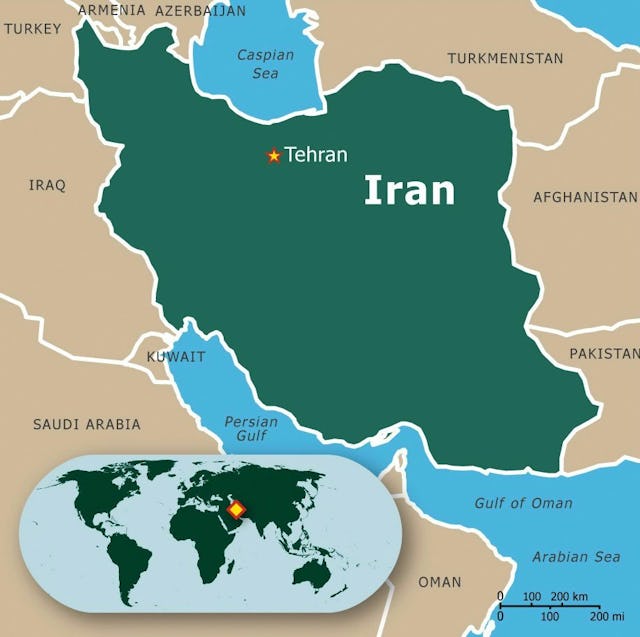U.N. committee approves resolution about rights violations in Iran
NEW YORK, United States — A committee of the United Nations General Assembly approved a resolution today expressing "deep concern" about "ongoing systematic violations of human rights" in Iran.
Put forward by Canada and co-sponsored by 41 other countries, the resolution took note of repression and persecution aimed by the Iranian government at groups ranging from women and women's rights defenders to the news media and labor groups, as well as various ethnic and religious minorities, including Iranian Baha'is.
The resolution passed the General Assembly's Third Committee by a vote of 72 to 50 with 55 abstentions on 20 November 2007. The vote essentially assures passage of the resolution in a final vote by the entire Assembly scheduled for December.
Its passage followed a call by Iran for "no action" on the motion, a vote that itself failed by 78 to 79, with 24 abstentions. That vote, also taken today, was seen as an important test of the General Assembly's will to examine human rights issues in specific countries when warranted.
"We are pleased that the General Assembly did not shy away from its responsibility to protect human rights and fundamental freedoms, as identified in the U.N. Charter," said Bani Dugal, the principal representative of the Baha'i International Community to the United Nations.
"Not only for Iranian Baha'is but for other persecuted groups and individuals in Iran, expressions of concern by the international community such as this remain the most important source of protection and encouragement.
"And it is especially important that Iran's efforts to sideline this kind of resolution through procedural maneuvering has failed again this year," said Ms. Dugal. "The vote against the so-called 'no action' motion before passage of the resolution itself makes a powerful statement about the importance of country-specific resolutions such as this."
A "no action" motion is a procedure that, if passed, will prevent member states at the United Nations from even debating a particular resolution. It is being increasingly used to allow countries to avoid having to give a yes-or-no vote on politically sensitive issues, such as human rights, and so to escape the scrutiny of the world at large, Ms. Dugal explained.
The resolution itself clearly describes a deteriorating human rights situation in Iran, expressing "serious concern" about "confirmed instances" of "torture and cruel, inhuman or degrading treatment or punishment, including flogging and amputations"; public executions, including stoning, and the "[a] rrests, violent repression, and sentencing of women exercising their right to peaceful assembly, a campaign of intimidation against women's human rights defenders, and continuing discrimination against women and girls."
The resolution also notes "increasing discrimination and other human rights violations against persons belonging to religious, ethnic, linguistic or other minorities" including Arabs, Azeris, Baluchis, Kurds, Christians, Jews, Sufis and Sunni Muslims and Baha'is.
Regarding Baha'is, the resolution notes particularly that there have been "attacks on Baha'is and their faith in State-sponsored media, increasing evidence of efforts by the State to identify and monitor Baha'is and prevention of (Baha'is) from attending university and from sustaining themselves economically; an increase in cases of arbitrary arrest and detention."
The resolution also discusses "ongoing, systemic and serious restrictions of freedom of peaceful assembly and association, and freedom of opinion and expression, including those imposed on the media and trade unions, and increasing harassment, intimidation and persecution of political opponents and human rights defenders, from all sectors of Iranian society, including arrests and violent repression of labour leaders, labour members peacefully assembling and students."
For more information, visit https://news.bahai.org
